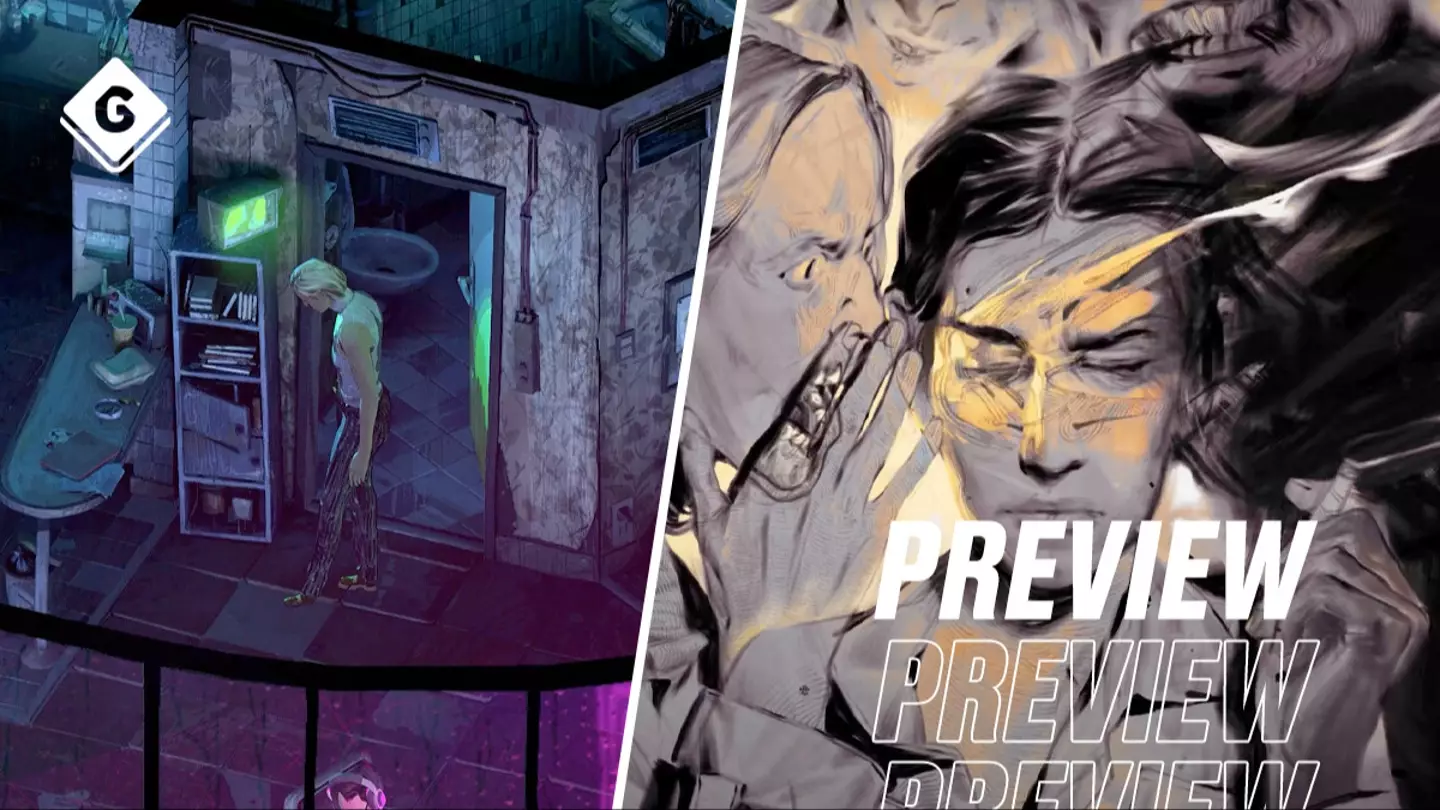
Disco Elysium was one of 2019’s best indie games, and from what we’ve seen so far, it looks like ZA/UM’s follow-up Zero Parades is going to continue the studio’s penchant for text-based gameplay, story-driven narratives, and an oil painting art style.
In the years since Disco Elysium’s release, ZA/UM has suffered from a string of internal controversies, and for a while it felt as though the future of the studio was in jeopardy as a result of this.
This occurred in late 2021, when Disco Elysium’s lead writer and designer Robert Kurvitz was pushed out of the company along with art lead Aleksander Rostov and writer Helen Hindpere.
They claimed that the new majority stakeholders in the company had acquired it in a fraudulent way, whereas ZA/UM’s new CEO Ilmar Kompus claimed that Kurvitz and Rostov were fired for misconduct. What resulted was an intense legal battle between the original founders of ZA/UM and the company’s new management.
Advert
The entire story has been covered rather extensively by the YouTube channel People Make Games, which has published its own findings following an investigation into the situation. TheGamer's Tessa Kaur has also published an article on the situation as well, which I'd recommend taking the time to read.
So as much as I loved Disco Elysium, it was these developments that meant I held the Gamescom announcement of Zero Parades at arm’s length. After hearing more about it from ZA/UM, I’m confident that the game could be great, but I don’t know if that will sway Elysium loyalists.
Advert
Although ZA/UM is understandably trying to separate Zero Parades from Disco Elysium, it’s pretty clear that the game has a pretty similar structure.
Zero Parades is described as an espionage CRPG. Ashilevi cites the novels of John le Carré (Tinker Tailor Soldier Spy, The Spy Who Came in from the Cold) and Park Chan-wook’s films (Decision to Leave, Oldboy) as inspiration, as well as the sci-fi works of Ursula K. Le Guin and Philip K. Dick.
Set in the city of Portofiro, Zero Parades’ protagonist is Hershel Wilk (codename: CASCADE), whom ZA/UM describes as “heroically stubborn, insecure, frequently self-defeating, and afraid of long-term attachments.”
Unlike Disco Elysium’s Harry Du Bois, Hershel isn’t suffering from amnesia. Instead, she’s a brilliant but deeply flawed spy who needs to recruit her former team for a mysterious assignment. The problem? She’s not exactly in their good graces due to her betraying them five years before the start of the game.
Advert
Speaking more about Hershel, ZA/UM producer Jess Crawford says “one thing we’ve been thinking about when creating Hershel is that we wanted her to be the anti-James Bond.
“There's a lot of glamour shown within modern day spy stories. People jumping out of helicopters and loads of gadgets and women wrapped around each arm, and that is not Hershel. There is a lot of mundanity and a lot of heart that can be explored.”
“It's not a power fantasy,” adds V/O director Jim Ashilevi. “It's very much a story about failure and crippling regret and, and what it's like to lose the very people that you cared about the most and what it's like to carry the burden of being the person who f***ed them over. And what does it mean to rebuild bridges that you can’t really rebuild?”
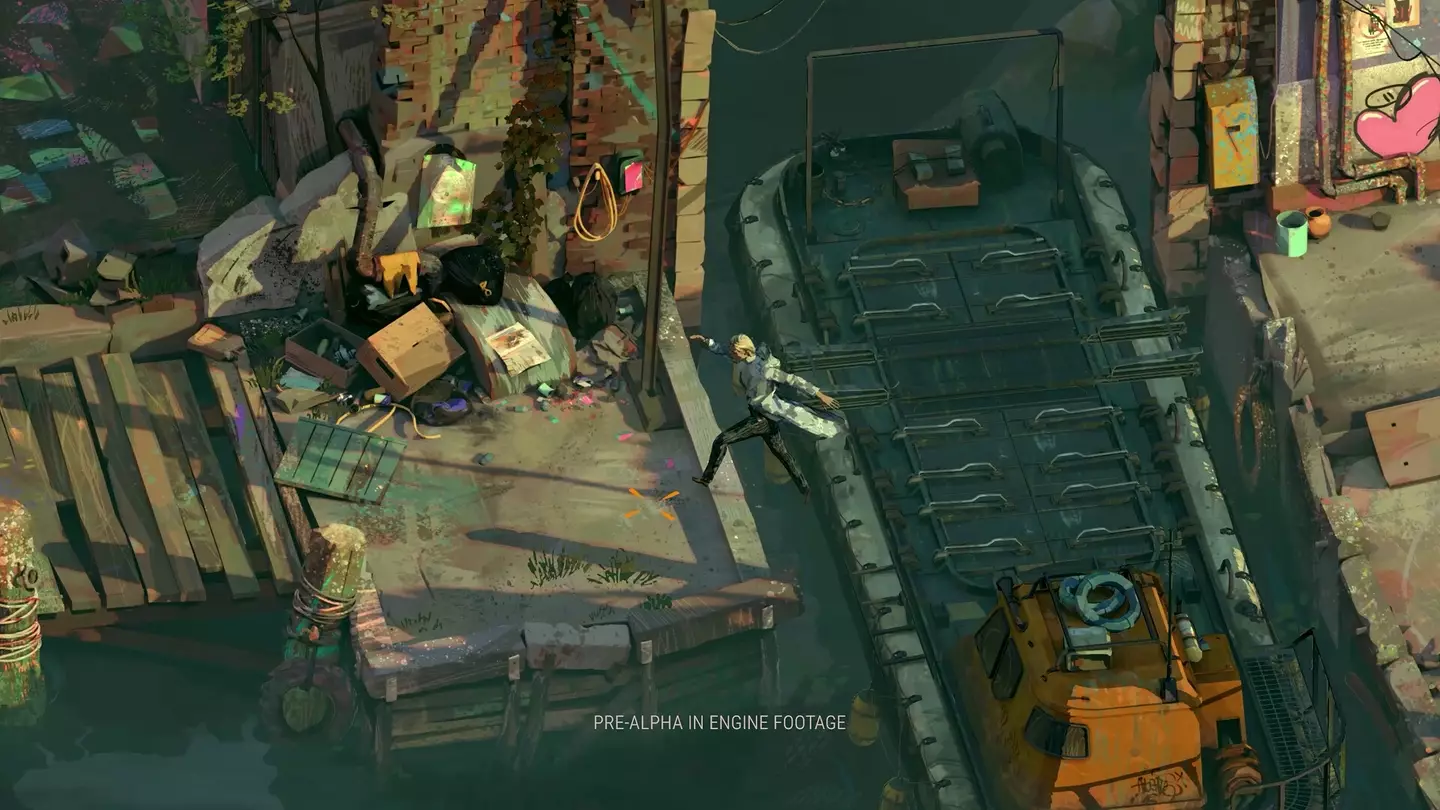
Advert
As it’s not a sequel to Disco Elysium, Zero Parades is set in an entirely new world separate from ZA/UM’s previous game. Ashilevi says the two games “share a common DNA, but they are different beasts.”
In terms of what’s similar, it’s pretty easy to identify Disco Elysium’s isometric, text-based gameplay as returning for Zero Parades. Pretty much every conversation you have with another character is filled with dialogue options or actions you can take, with skill checks factoring in to how successful you are at these.
What makes the world interesting, in exactly the same way as Disco Elysium’s Revachol, is that you can get a sense for this world’s history just from looking at the way the world is illustrated. The oil-painting art style is also present here and it feels like the perfect way to represent Portofiro’s character. You can spy weeds overgrowing between the concrete slabs in the ground, or bricks and rubble of old decrepit buildings falling apart. Items and objects are placed with purpose, and the painterly art style uses a lot of hatch marks and paint splatter to accentuate this.
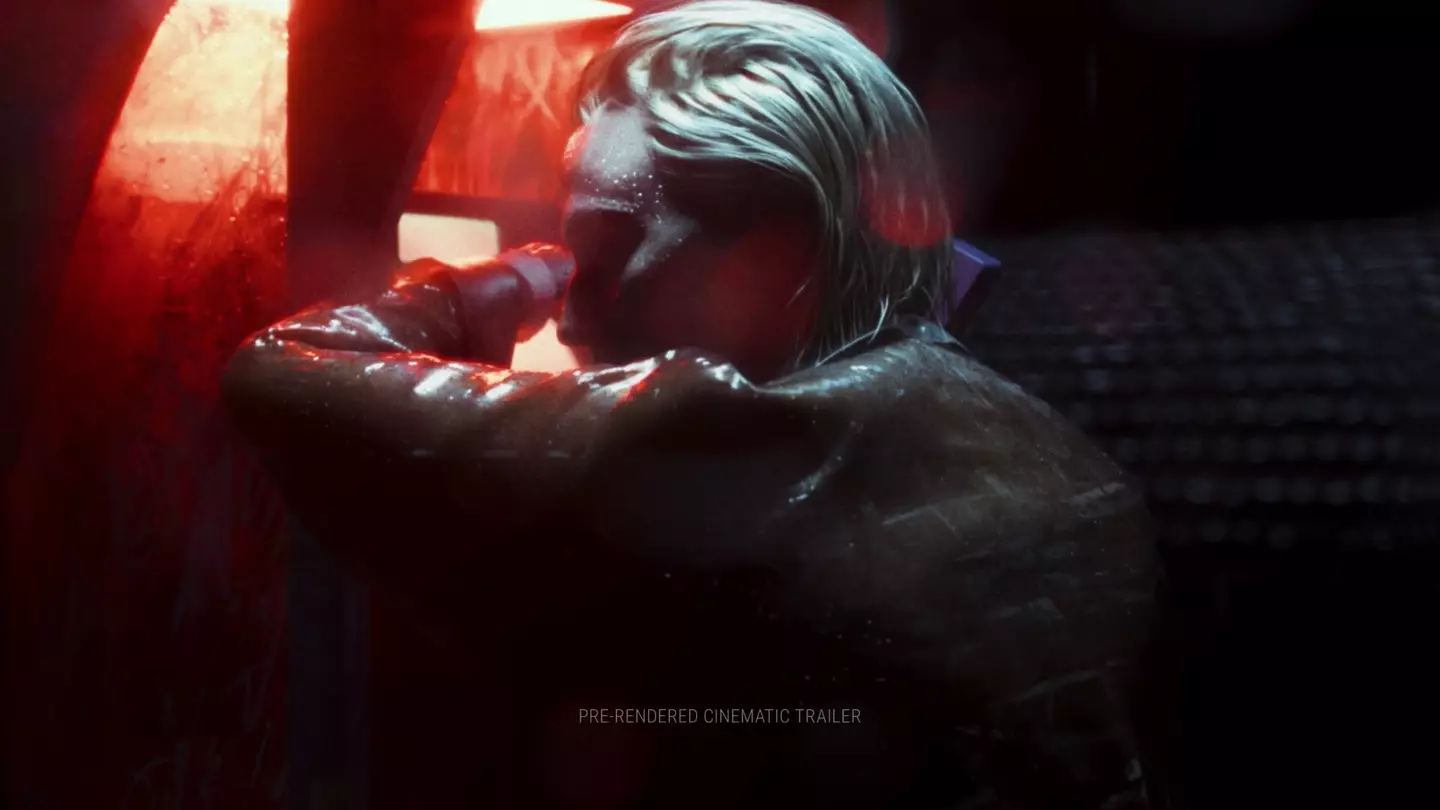
Advert
However, the more of Zero Parades I’ve seen, the more its differences from Disco Elysium have become clear. Although the game has skills you can invest into in the traditional sense, ZA/UM has explained the new pressure system which changes the way you develop Hershel’s abilities, her personality, and her emotions.
The pressures & exertion system is a core part of the game where the physical and psychological toils of life directly interacts with your various actions around Portofiro. In addition to the various skills that Hershel can have, there are also three different thresholds: Fatigue, Anxiety, and Delirium that tick up depending on your actions.
An example of how this works is used in a short gameplay clip we were shown, where Hershel attempts to break through a gate. Simply trying to break the gate open yielded a 42% chance of success, but the game also allowed Hershel to exert herself and push herself a little further, resulting in a better 68% chance of success but increasing the player’s fatigue.
The fatigue bar then gained one point, making Hershel a little more tired. Each of the three pressures have an upper limit, so you don’t want to push yourself too hard in case you exceed that limit and begin suffering penalties. However, given the bonuses to skill checks that it can offer, it’s sometimes very beneficial to you to try it.
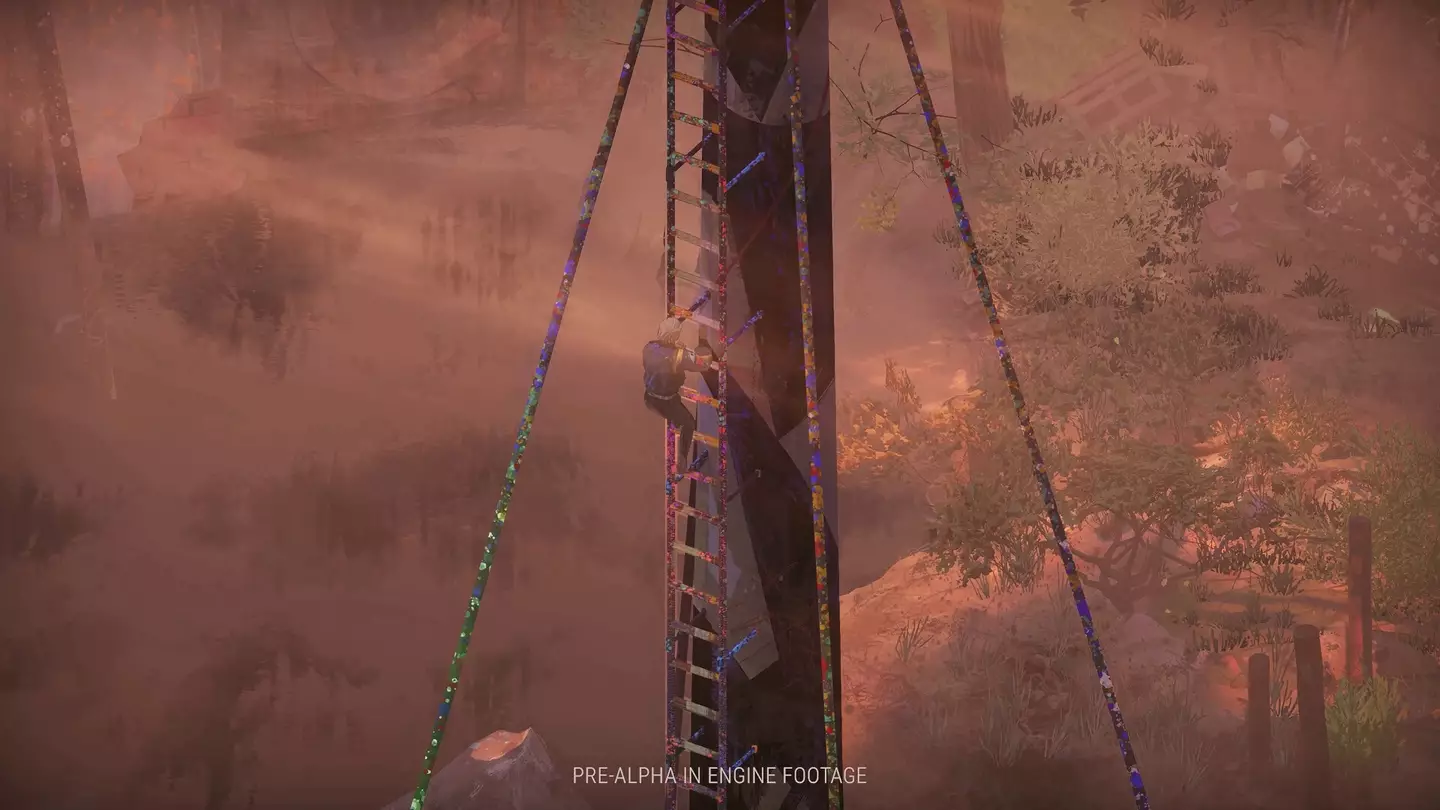
There’s also the conditioning menu, an evolution of Disco Elysium’s thought cabinet system. Similar to that game, you gain thoughts throughout the game, which will then be processed, and then you can choose whether you want to reinforce the thought or punish it, with either option giving you different modifiers.
Crawford uses smoking as an example, describing how you could be conditioned not to smoke because it’s bad for your health, meaning you’ve reinforced the thought. It gives you certain modifiers that are beneficial to gameplay.
However, ZA/UM also lets you act against the thought, which presents other opportunities during play. So, whether you reinforce or punish a thought, you can go in the opposite way to how you’ve been conditioned.
Returning to the smoking analogy, Crawford describes a situation where you’re at a party and you’re given a choice to smoke with a group of people to gain information that you wouldn’t otherwise have gotten. But with you acting against a thought you’ve reinforced, the situation is going to negatively impact your modifiers. So it becomes a trade-off between keeping your modifiers or gaining information that you need.
“That’s the choice throughout gameplay,” Crawford adds. “It’s who you want to be versus who you really are.”
Another new aspect of Zero Parades are the dramatic encounters, a new game mechanic that intends to add moments of high tension and urgent drama into a text-based experience.
“We are mainly interested in writing compelling stories, and so a lot of the gameplay is just hundreds and hundreds of pages of dialogue,” Ashilevi explains. “But then, if we’re working on an espionage story, we’re surely going to need action scenes as well. But we’re not a studio that even knows how to make an action game. And so dramatic encounters is our answer to that.”
Dramatic encounters are moments where you’re forced to think quickly and make decisions that will get you out of high tension situations. Ashilevi encourages players to just roll with whatever happens and embrace any failures that come with dramatic encounters. The clip shows the player attempting to pass through a market unseen, using methods to move around unseen. At one point, they dive off a ledge to land on their feet on the ground below. ZA/UM then showed us an alternate outcome to that encounter, where the player fails to land on their feet safely, and ends up injuring themselves.
Ultimately, both Ashilevi and Crawford sold me on Zero Parades’ premise of embracing the mundane parts of being a spy. Living the life of someone who isn’t a James Bond-style caricature is going to come with regular regrets, embarrassment, and humiliation. I can see this game being an excellent blend of spy drama and comedy, very similar to how the studio approached detective work in Disco Elysium.
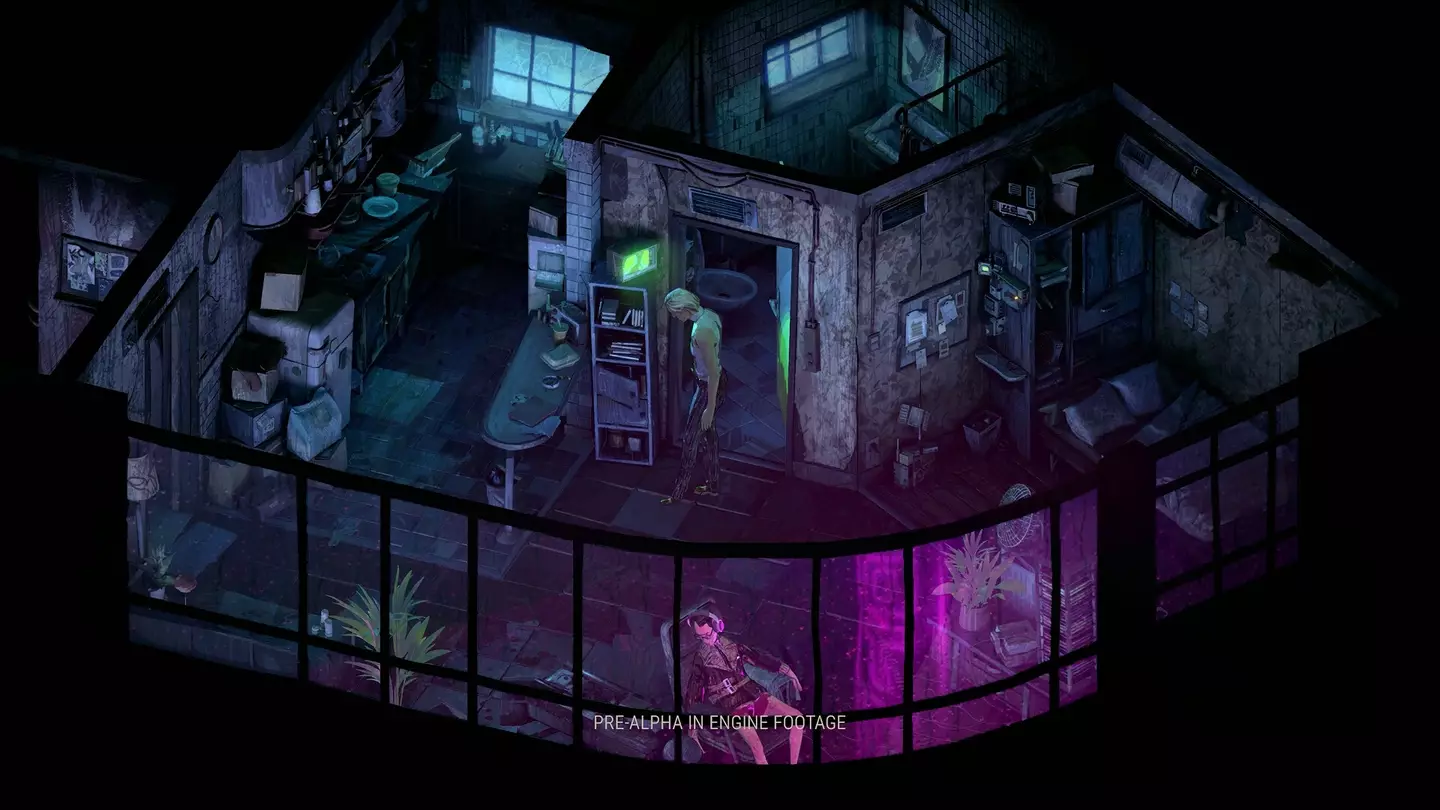
Although I’m really looking forward to seeing more of Zero Parades, I can’t imagine how differently the hype for this might be had ZA/UM not suffered the many controversies that it had. Looking at some of the reactions to this game’s reveal on social media, it’s clear there are a lot of fans who feel betrayed by the new company management.
And considering everything that’s gone down, I feel genuinely bad for the staff at ZA/UM who are caught in the middle of this controversy against their will. Zero Parades is clearly built with an immense amount of passion and creativity. I’m just hoping that the creatives who remain there are able to finish a project they clearly enjoy working on.
But without Kurvitz, Hindpere, and Rostov at the helm, as well as others like Argo Tuulik and Dora Klindzec; whose voices were so coherently at the surface of what made Disco Elysium an incredible experience, it does leave a sour taste in the mouth.
Topics: Indie Games, PC, Preview, Features